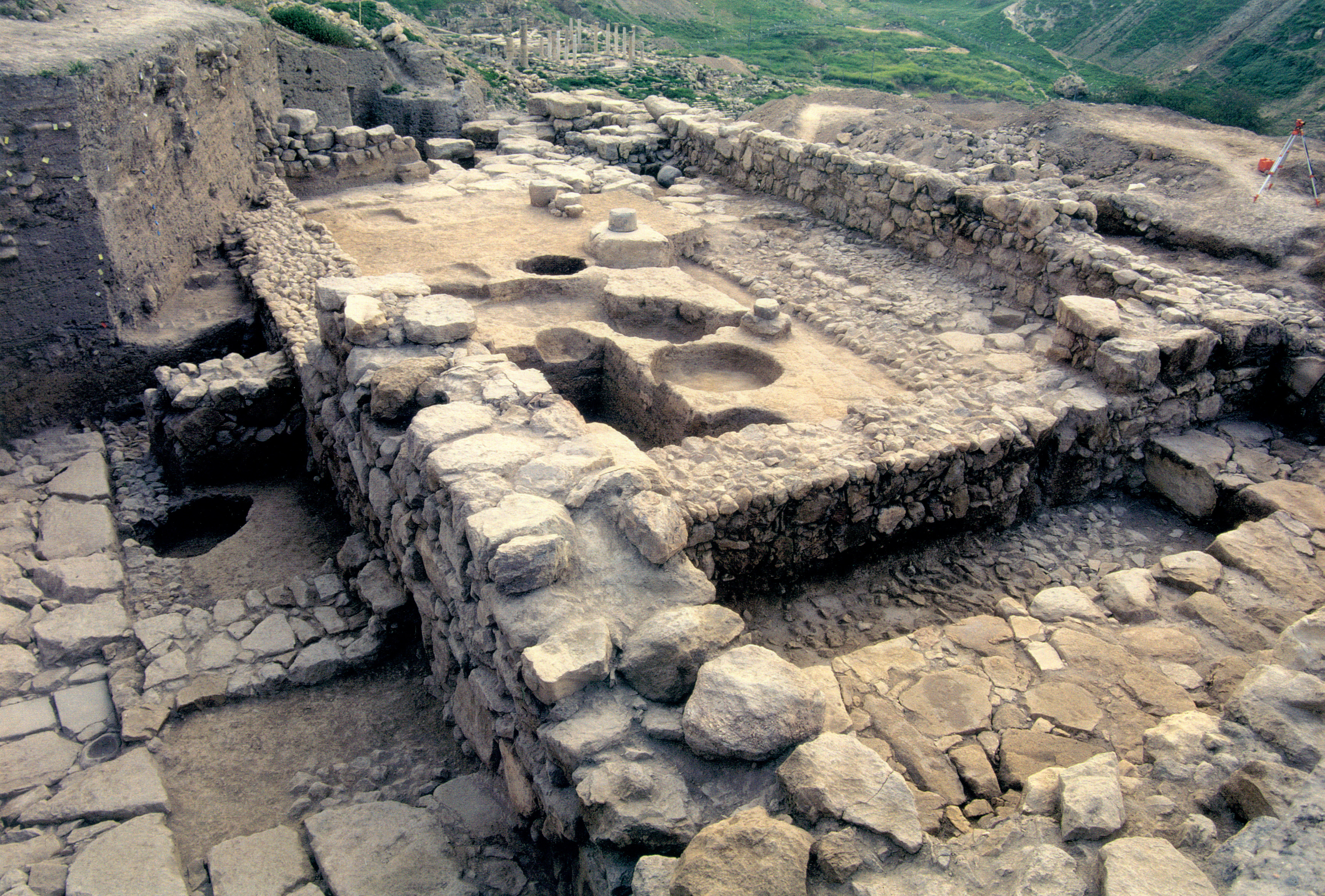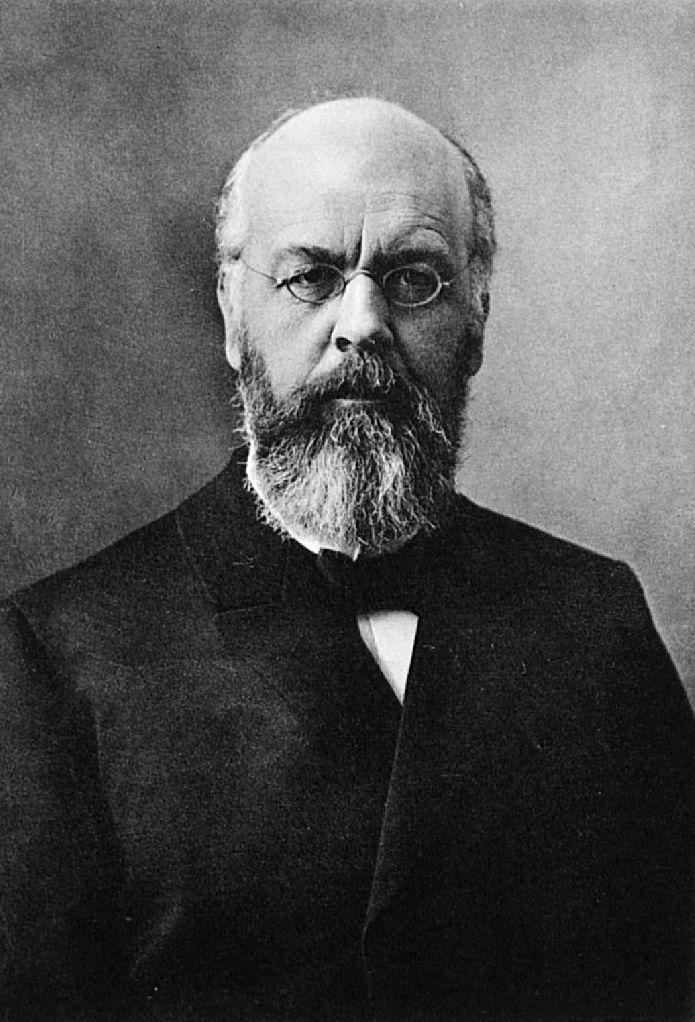|
Ariston Of Pella
Ariston of Pella ( grc-gre, Ἀρίστων; la, Aristo Pellaeus; c. 100 – c. 160), was an apologist and chronicler, who is known only from a mention by Eusebius that "as Aristo relates" in connection with accounts of emperor Hadrian and Simon bar Kokhba. Aristo is Eusebius's source for Hadrian's permanent banishment of Jews from Jerusalem (4.6.3), renamed to Aelia Capitolina. Eusebius supplies no biographical data, although some later readers have assumed that like many of Eusebius' sources he was possibly a Greek-speaking Christian. A secondary mention by the Armenian chronicler Moses of Chorene is probably based on Eusebius, but expanded with the comments that he was secretary of "Ardasches", which were read, or misread, to suggest that Aristo was secretary of Mark, first Gentile bishop of Jerusalem. A mention in the Chronicon Paschale reproduces Eusebius. His name was later connected by Maximus the Confessor (7th century) to the Dialogue of Jason and Papiscus (c.140), al ... [...More Info...] [...Related Items...] OR: [Wikipedia] [Google] [Baidu] |
Pella, Jordan
Pella ( gr, Πέλλα, ) was an ancient city in what is now northwest Jordan, containing ruins from the Neolithic, Chalcolithic,Bronze Age, Iron Age, Canaanite, Hellenistic and Islamic periods. It is located in a rich water source within the eastern foothills of the Jordan Valley, close to the modern village of Ṭabaqat Faḥl ( ar, طبقة فحل) some south of the Sea of Galilee (Lake Tiberias). The site is situated north of Amman: a drive of about an hour and a half (due to the difficult terrain), and an by car from Irbid, in the north of the country. Pella's ruins – predominantly temples, churches, and housing – have been partially excavated by teams of archaeologists; they attract thousands of tourists annually but especially in spring, during which time the area is awash with spring flowers. Name The Semitic name of the ancient, pre-Hellenistic site, was Pahil or Pihil. Pehal is the name under which the city is mentioned in early Egyptian (Bronze Age) historical ... [...More Info...] [...Related Items...] OR: [Wikipedia] [Google] [Baidu] |
Origen
Origen of Alexandria, ''Ōrigénēs''; Origen's Greek name ''Ōrigénēs'' () probably means "child of Horus" (from , "Horus", and , "born"). ( 185 – 253), also known as Origen Adamantius, was an Early Christianity, early Christian scholar, Asceticism#Christianity, ascetic, and Christian theology, theologian who was born and spent the first half of his career in Early centers of Christianity#Alexandria, Alexandria. He was a prolific writer who wrote roughly 2,000 treatises in multiple branches of theology, including textual criticism, exegesis, biblical exegesis and biblical hermeneutics, hermeneutics, homiletics, and spirituality. He was one of the most influential and controversial figures in early Christian theology, Christian apologetics, apologetics, and asceticism. He has been described as "the greatest genius the early church ever produced". Origen sought martyrdom with his father at a young age but was prevented from turning himself in to the authorities by his mother ... [...More Info...] [...Related Items...] OR: [Wikipedia] [Google] [Baidu] |
Year Of Death Unknown
A year or annus is the orbital period of a planetary body, for example, the Earth, moving in its orbit around the Sun. Due to the Earth's axial tilt, the course of a year sees the passing of the seasons, marked by change in weather, the hours of daylight, and, consequently, vegetation and soil fertility. In temperate and subpolar regions around the planet, four seasons are generally recognized: spring, summer, autumn and winter. In tropical and subtropical regions, several geographical sectors do not present defined seasons; but in the seasonal tropics, the annual wet and dry seasons are recognized and tracked. A calendar year is an approximation of the number of days of the Earth's orbital period, as counted in a given calendar. The Gregorian calendar, or modern calendar, presents its calendar year to be either a common year of 365 days or a leap year of 366 days, as do the Julian calendars. For the Gregorian calendar, the average length of the calendar year (the mea ... [...More Info...] [...Related Items...] OR: [Wikipedia] [Google] [Baidu] |
Year Of Birth Unknown
A year or annus is the orbital period of a planetary body, for example, the Earth, moving in its orbit around the Sun. Due to the Earth's axial tilt, the course of a year sees the passing of the seasons, marked by change in weather, the hours of daylight, and, consequently, vegetation and soil fertility. In temperate and subpolar regions around the planet, four seasons are generally recognized: spring, summer, autumn and winter. In tropical and subtropical regions, several geographical sectors do not present defined seasons; but in the seasonal tropics, the annual wet and dry seasons are recognized and tracked. A calendar year is an approximation of the number of days of the Earth's orbital period, as counted in a given calendar. The Gregorian calendar, or modern calendar, presents its calendar year to be either a common year of 365 days or a leap year of 366 days, as do the Julian calendars. For the Gregorian calendar, the average length of the calendar year ( ... [...More Info...] [...Related Items...] OR: [Wikipedia] [Google] [Baidu] |
Christian Apologists
Christian apologetics ( grc, ἀπολογία, "verbal defense, speech in defense") is a branch of Christian theology that defends Christianity. Christian apologetics has taken many forms over the centuries, starting with Paul the Apostle in the early church and Patristic writers such as Origen, Augustine of Hippo, Justin Martyr and Tertullian, then continuing with writers such as Thomas Aquinas, Duns Scotus, William of Ockham and Anselm of Canterbury during Scholasticism. Blaise Pascal was an active Christian apologist during the 17th century. In the modern period, Christianity was defended through the efforts of many authors such as John Henry Newman, G. K. Chesterton and C. S. Lewis, as well as G. E. M. Anscombe. History Jewish precursors According to Edgar J. Goodspeed in the first century CE Jewish apologetic elements could be seen in works such as The Wisdom of Solomon, Philo's ''On the Contemplative Life'' and more explicitly in Josephus' ''Against Apion''. ... [...More Info...] [...Related Items...] OR: [Wikipedia] [Google] [Baidu] |
Christian Writers
Christians () are people who follow or adhere to Christianity, a monotheistic Abrahamic religion based on the life and teachings of Jesus Christ. The words ''Christ'' and ''Christian'' derive from the Koine Greek title ''Christós'' (Χριστός), a translation of the Biblical Hebrew term ''mashiach'' (מָשִׁיחַ) (usually rendered as ''messiah'' in English). While there are diverse interpretations of Christianity which sometimes conflict, they are united in believing that Jesus has a unique significance. The term ''Christian'' used as an adjective is descriptive of anything associated with Christianity or Christian churches, or in a proverbial sense "all that is noble, and good, and Christ-like." It does not have a meaning of 'of Christ' or 'related or pertaining to Christ'. According to a 2011 Pew Research Center survey, there were 2.2 billion Christians around the world in 2010, up from about 600 million in 1910. Today, about 37% of all Christians live in the Amer ... [...More Info...] [...Related Items...] OR: [Wikipedia] [Google] [Baidu] |
Emil Schürer
Emil Schürer (2 May 184420 April 1910) was a German Protestant theology, theologian known mainly for his study of the history of the Jews around the time of Jesus' ministry. Biography Schürer was born in Augsburg. After studying at the universities of university of Erlangen, Erlangen, university of Berlin, Berlin and university of Heidelberg, Heidelberg from 1862 to 1866, he became in 1873 professor ''extraordinarius'' at university of Leipzig, Leipzig. Later on, he served as professor ''ordinarius'' at the universities of University of Giessen, Giessen (from 1878), University of Kiel, Kiel (from 1890) and University of Göttingen, Göttingen (from 1895 to 1910). In 1876 he founded and edited th''Theologische Literaturzeitung'' which he edited with Adolf von Harnack from 1881 to 1910. He died after a long illness in 1910 in Göttingen. Works His elaborate work on the history of the Jews in the time of Christ, ''Geschichte des jüdischen Volkes im Zeitalter Jesu Christi'' (1886� ... [...More Info...] [...Related Items...] OR: [Wikipedia] [Google] [Baidu] |
Fergus Millar
Sir Fergus Graham Burtholme Millar, (; 5 July 1935 – 15 July 2019) was a British ancient historian and academic. He was Camden Professor of Ancient History at the University of Oxford between 1984 and 2002. He numbers among the most influential ancient historians of the 20th century. Early life Millar was educated at Trinity College, Oxford (BA) and fulfilled his National service in the aftermath of World War II. At Oxford he studied Philosophy and Ancient History, and received his Doctor of Philosophy (DPhil) degree there in 1962. In 1958, he was awarded a Prize Fellowship to All Souls College, Oxford, which he held until 1964. In 1959 he married Susanna Friedmann, with whom he had three children. Academic career Millar began his academic career as a fellow of Queen's College, Oxford, from 1964 to 1976. He then moved to University College London where he was Professor of Ancient History between 1976 and 1984. From 1984 until his retirement in 2002, he was Camden Profess ... [...More Info...] [...Related Items...] OR: [Wikipedia] [Google] [Baidu] |
Luke The Evangelist
Luke the Evangelist (Latin: '' Lucas''; grc, Λουκᾶς, '' Loukâs''; he, לוקאס, ''Lūqās''; arc, /ܠܘܩܐ לוקא, ''Lūqā’; Ge'ez: ሉቃስ'') is one of the Four Evangelists—the four traditionally ascribed authors of the canonical gospels. The Early Church Fathers ascribed to him authorship of both the Gospel of Luke and the Acts of the Apostles. Prominent figures in early Christianity such as Jerome and Eusebius later reaffirmed his authorship, although a lack of conclusive evidence as to the identity of the author of the works has led to discussion in scholarly circles, both secular and religious. The New Testament mentions Luke briefly a few times, and the Epistle to the Colossians refers to him as a physician (from Greek for 'one who heals'); thus he is thought to have been both a physician and a disciple of Paul. Since the early years of the faith, Christians have regarded him as a saint. He is believed to have been a martyr, reportedly having bee ... [...More Info...] [...Related Items...] OR: [Wikipedia] [Google] [Baidu] |






